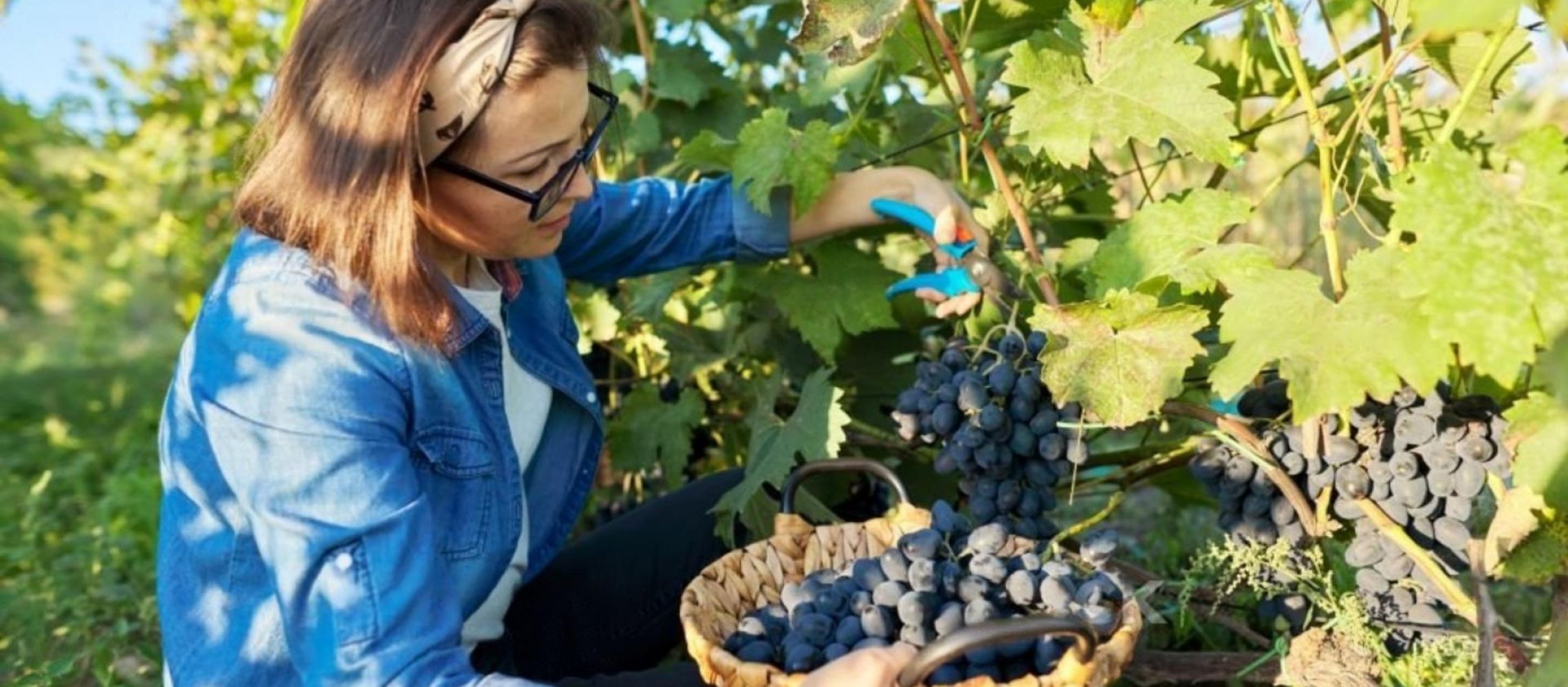Registration Open
1 June 2025
Judging
Date
23 & 24 March 2026
Winners Announcement
22 April 2026
1 June 2025
23 & 24 March 2026
22 April 2026

When it comes to the world of winemaking, the role of sunlight cannot be overstated. Sunlight plays a crucial role in determining the quality of wine grapes, which in turn significantly impacts the overall quality of the wine produced. From the moment the vine begins to bud until the grapes are harvested, sunlight acts as a powerful catalyst for grape development, flavor profiles, and ultimately, the character of the wine itself.
Sunlight provides the primary source of energy for grapevines through the process of photosynthesis. The vine's leaves capture the sunlight, converting it into vital sugars through photosynthesis. These sugars are then transported to the grape clusters, fueling their growth and development. The intensity and duration of sunlight exposure directly influence the accumulation of sugars, as well as the synthesis of aromatic compounds, acids, and other essential components within the grapes.

The quality of sunlight, particularly its intensity and spectrum, plays a significant role in grape ripening. Sunlight intensity affects the overall temperature of the vineyard, which can accelerate or slow down the ripening process. In cooler regions, such as Spain’s Galicia, ample sunlight is crucial to ensure the grapes reach optimal ripeness before the arrival of colder weather. Conversely, in warmer climates, like the south of France, excessive sunlight exposure may lead to overripe grapes, resulting in high alcohol levels and loss of acidity.
Sunlight also influences the balance of acidity in grapes. The presence of light stimulates the production of malic acid, a prominent acid found in unripe grapes. As the grapes ripen and receive more sunlight, malic acid is gradually converted into tartaric acid, which contributes to the desirable acidity in wine. Adequate sunlight exposure ensures the grapes achieve the perfect balance of sugar and acidity, vital for the production of well-rounded and harmonious wines.
Furthermore, sunlight exposure directly impacts the development of grape flavors and aromas. Ultraviolet (UV) radiation from sunlight stimulates the production of phenolic compounds, including tannins, anthocyanins, and flavonoids. These compounds contribute to the color, structure, and complexity of the wine. Sunlight also influences the synthesis of volatile compounds responsible for the distinctive aromas found in wine, such as floral, fruity, or herbaceous notes. The right amount of sunlight exposure enhances the development of these compounds, resulting in a more expressive and aromatic wine.
[[relatedPurchasesItems-50]]
The geographical location and topography of a vineyard further influence the quality of sunlight that reaches the grapevines. Factors such as latitude, altitude, slope orientation, and proximity to large bodies of water impact the amount and intensity of sunlight received. For example, vineyards situated in higher latitudes often receive fewer hours of sunlight, leading to slower ripening and potentially producing wines with higher acidity. Conversely, vineyards in warmer climates receive more sunlight, promoting riper grapes and fuller-bodied wines.
Overall, sunlight plays a pivotal role in determining the quality of wine grapes, thus directly impacting the overall quality of the wine produced. From influencing sugar accumulation and acidity levels to shaping flavor profiles and aromatic complexity, sunlight acts as a catalyst for grape development. The delicate balance of sunlight exposure, along with other environmental factors, ultimately defines the unique characteristics and style of wines from different regions. Through viticultural practices, winemakers and vineyard managers carefully manage sunlight exposure to ensure the grapes receive optimal conditions for ripening, resulting in wines that showcase the best expression of their terroir. So, the next time you enjoy a glass of wine, raise it to the power of sunlight, which has played an instrumental role in its creation.
The 2026 International London Wine Competition submission is now open. You can enter your wines now to get the super early bird pricing.